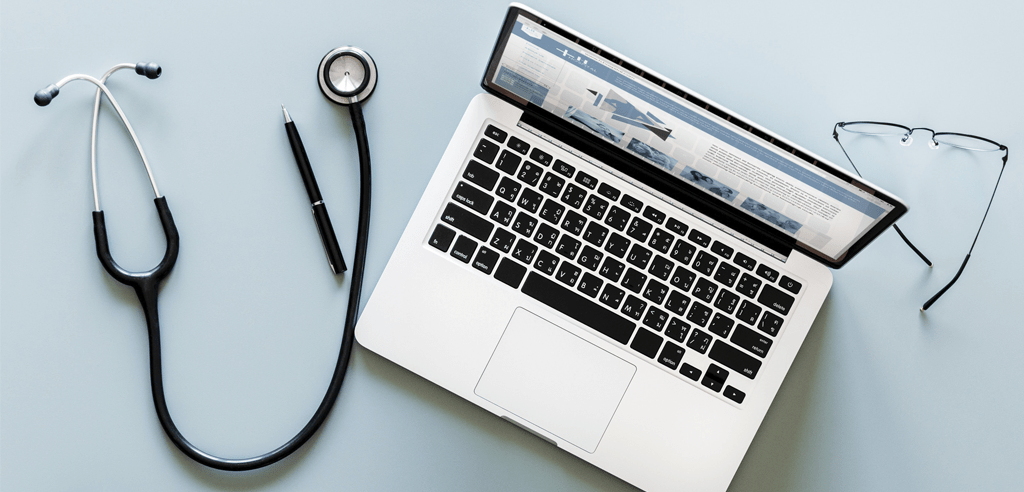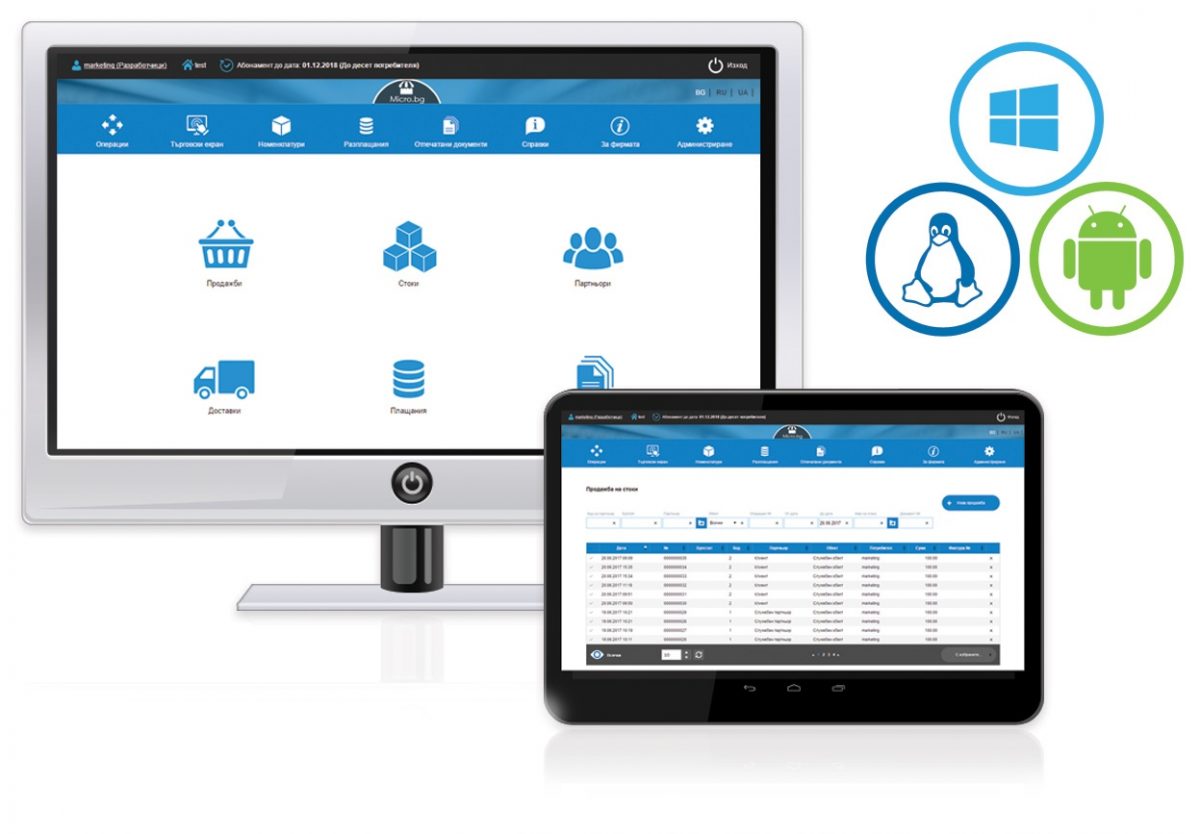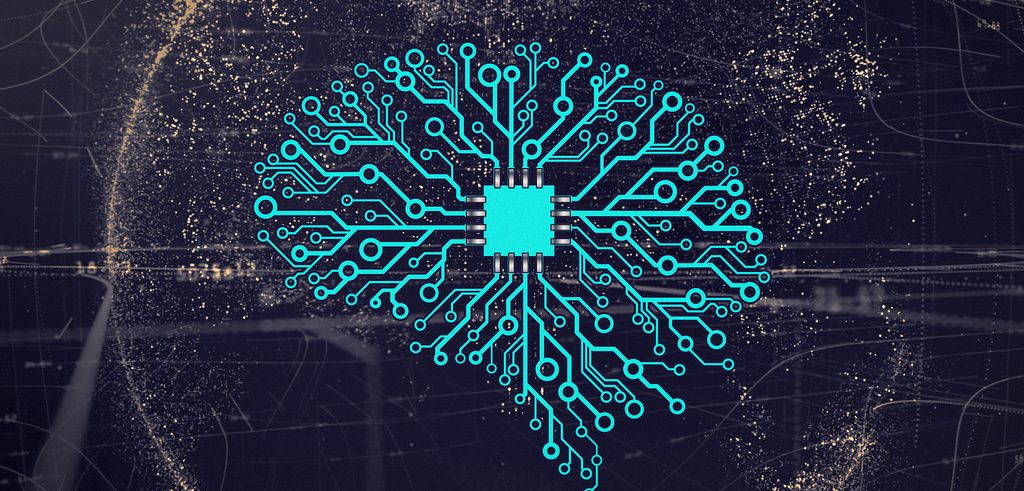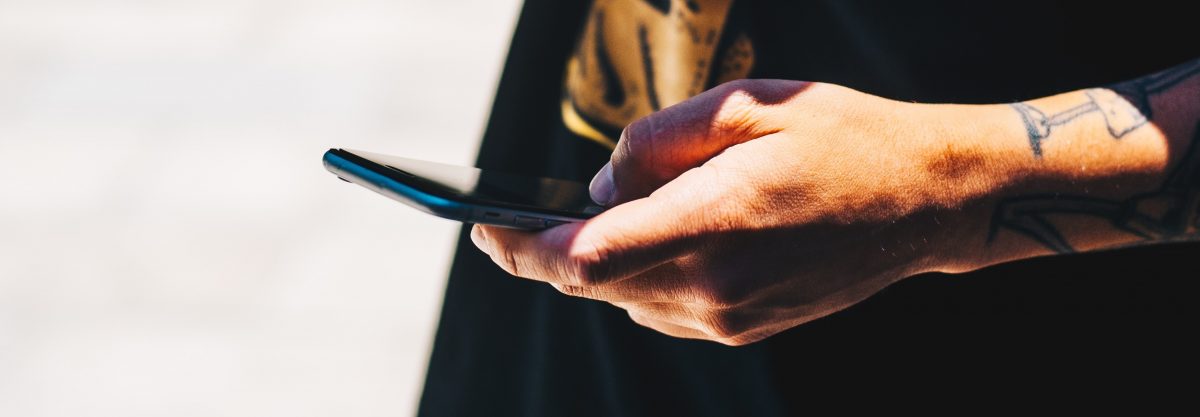There’s no doubt whatsoever in our minds that apps have already changed pretty much every aspect of modern life. In workplaces all over the world, apps are used to increase efficiency, speed up communications between co-workers, and reach out to customers and target audiences. In our social lives, we chat with friends via online mobile apps. We get our news from apps. We order our food from apps or check when the next train is coming, or look for our dream jobs from the safety of our mobile devices. The list goes on, and on, and on.
There’s one profession and aspect of everyday life, however, which is being transformed by smartphone and mobile device apps in ways which, just ten years ago, would hardly be imaginable. The healthcare industry is one which is naturally open to innovation, progress, and precision, which makes it absolutely ideal for the ever-burgeoning app market.
Individuals on both sides of the healthcare spectrum – that is, both healthcare professionals and their patients or members of the public – have recently been benefiting from a new wealth of healthcare-oriented mobile apps, which aim to speed up otherwise time-consuming processes, allow more transparency in the industry, aid with training, and much, much more besides.
It’s an exciting new dawn for app developers, and it’s an aspect of app programming, design, and overall creation which is bringing out the brightest and best in the app market. Who knows what new innovation in healthcare apps may arise in the near future? Let’s take a look at the here and now of healthcare apps, and consider how they are transforming this most dynamic and ever-changing industry for the better.
The Rise of Telemedicine
There are thousands of apps which have been designed with one clear purpose in mind: to connect people and allow for greater ease of communication. Just think about it for a moment – when you want to meet up with your mates after work, are you more likely to phone them individually and have a conversation about it, or are you going to set up a Whatsapp or Messenger group chat, and sort it out via an app? Increasingly, most of us are opting for the latter.
In the field of medicine, similar things are starting to occur. Telemedicine isn’t something particularly new; phone lines for doctors and remote diagnoses have been around for as long as telecommunication has. However, with the prevalence of and improvements made in messaging services and photo and video messaging, it has become a powerful force for good in the healthcare industry.
With a dedicated telemedicine app, doctors and other healthcare professionals have the capability to chat to and offer advice to their patients remotely with the greatest of ease. What’s more, the rise in telemedicine has given many healthcare professionals the ability to work remotely, or set up more flexible schedules, meaning semi-retired doctors wanting to still lend a hand, or healthcare professionals taking time off to raise families etc can still get involved via online diagnoses or app-based advice giving.
Improved Self-Diagnosis
We’ve all experienced the fear we feel when we find ourselves experiencing unusual or unexpected symptoms, and don’t know what’s causing them. Whether it’s a blemish on the skin that wasn’t there yesterday, a persistent headache that won’t go away, or a pain in a certain part of the body, it’s only natural to want to figure out exactly what’s going on and find a way to make it stop.
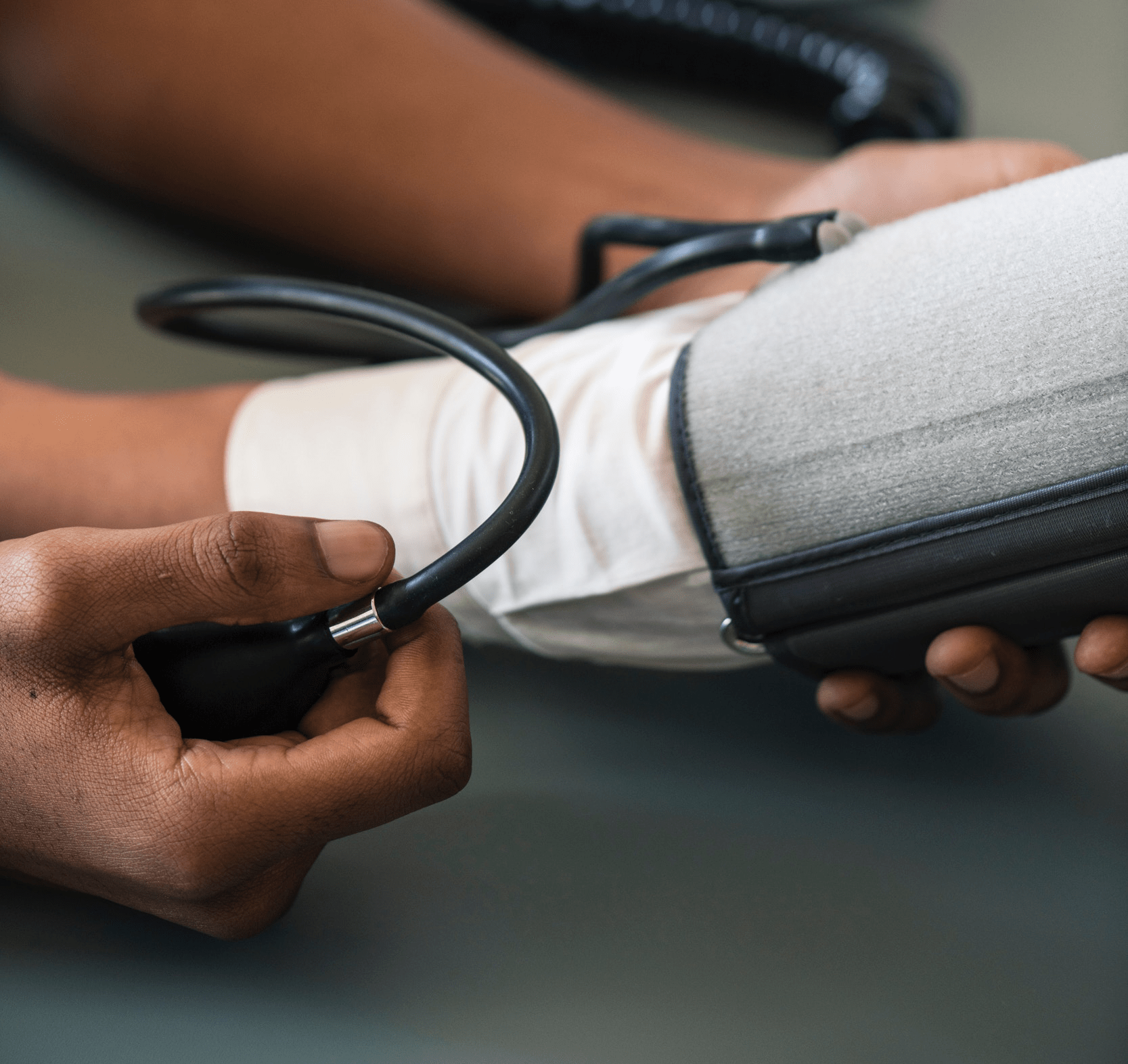
Healthcare apps are able to draw upon years of medical research, and set up complex algorithms and systems which allow patients to key in their symptoms, and self-diagnose their ailments with increasing accuracy. On top of this, the same algorithms and apps are massively helpful in triage situations, when doctors or nurses are trying to examine a patient’s symptoms and come to some sort of conclusion as what to do next.
Accessible Patient Data on the Go
As everyone knows, apps are fantastic for storing and calling up data at just the push of a button. Gone are the days of overflowing doctor’s filing cabinets, spilling out with mountains of paperwork concerning a lifetime of patient records. Apps are replacing the need for handwritten data, and are also replacing the need for carrying such sensitive paperwork around with you while visiting patients or moving from one ward to another.
With the right app loaded with the right information, healthcare professionals are able to call up a specific patient’s medical record in a matter of seconds, saving precious time which might end up being absolutely crucial.
Emergency Notifications
Push notifications and other types of app notifications are used for countless different reasons, and app developers and users alike love them, as they boost engagement and keep people informed as to any key developments the app feels they would benefit from knowing about.

While most of us might get regular notifications telling us an old friend is trying to get in touch with a message, or that our regular coffee shop has a great offer on, just imagine how useful it would be for doctors, who would get notifications informing them of an emergency which needs their attention!
This has proven to be particularly useful for nurses and doctors working as part of a bank, or agency staff who are continually on call. No matter where they are or what they are doing, a notification on their smartphone has the potential to inform them that they are needed at a certain address or hospital, allowing them to get there quickly and get on the job. It’s no exaggeration to say that push notifications on mobile apps are saving lives as you read this!
The Dawn of AR for Surgeons and Other Medical Professionals
Make no mistake, the virtual reality world is more than upon us, and VR and AR (augmented reality) is transforming the medical community as much as it is transforming a whole host of other industries and the world of entertainment.
Medical training is an area which is continually being updated and improved, as new developments and discoveries blaze new trails for the next generation of medics to follow. Augmented reality via mobile apps is opening some seriously impressive new doors for medical students, as it allows them to practice complex procedures virtually, and hone their skills in a safe space.
Moreover, AR is changing the world of surgery, too. With the help of augmented reality, surgeons are being able to conduct considerably more complex operations and test out their hypotheses, leading to a higher success rate, and greater breakthroughs which help the world of medicine take bold new steps into the future. It’s a truly exciting time for app developers specializing in the field of healthcare, and it’s presenting a host of new challenges which app developers are rising to in a remarkably impressive fashion.
Opening Doors and Changing Lives
As we’ve seen, app developers worldwide are helping out the healthcare industry, doctors, nurses, and others in the profession in ways which are as far-reaching as they are life-changing. As algorithms continue to be improved, and as apps become greater, more complex, and more capable of performing incredible things, this is a trend which is only going to carry on in the ascendancy as time goes by.
We’re continually impressed by the way app developers are working closely with healthcare pioneers to come up with more and more effective and efficient solutions to age-old problems, and we cannot wait to see what’s on the horizon.
